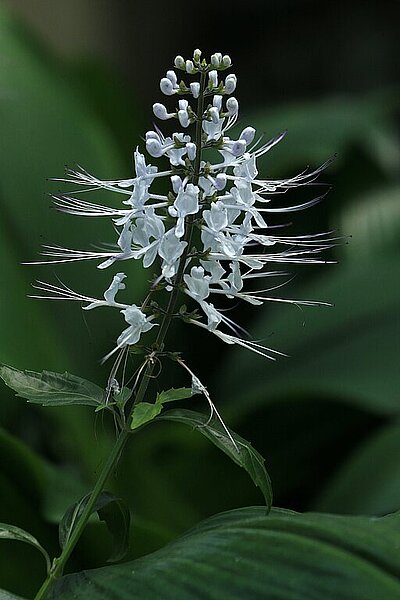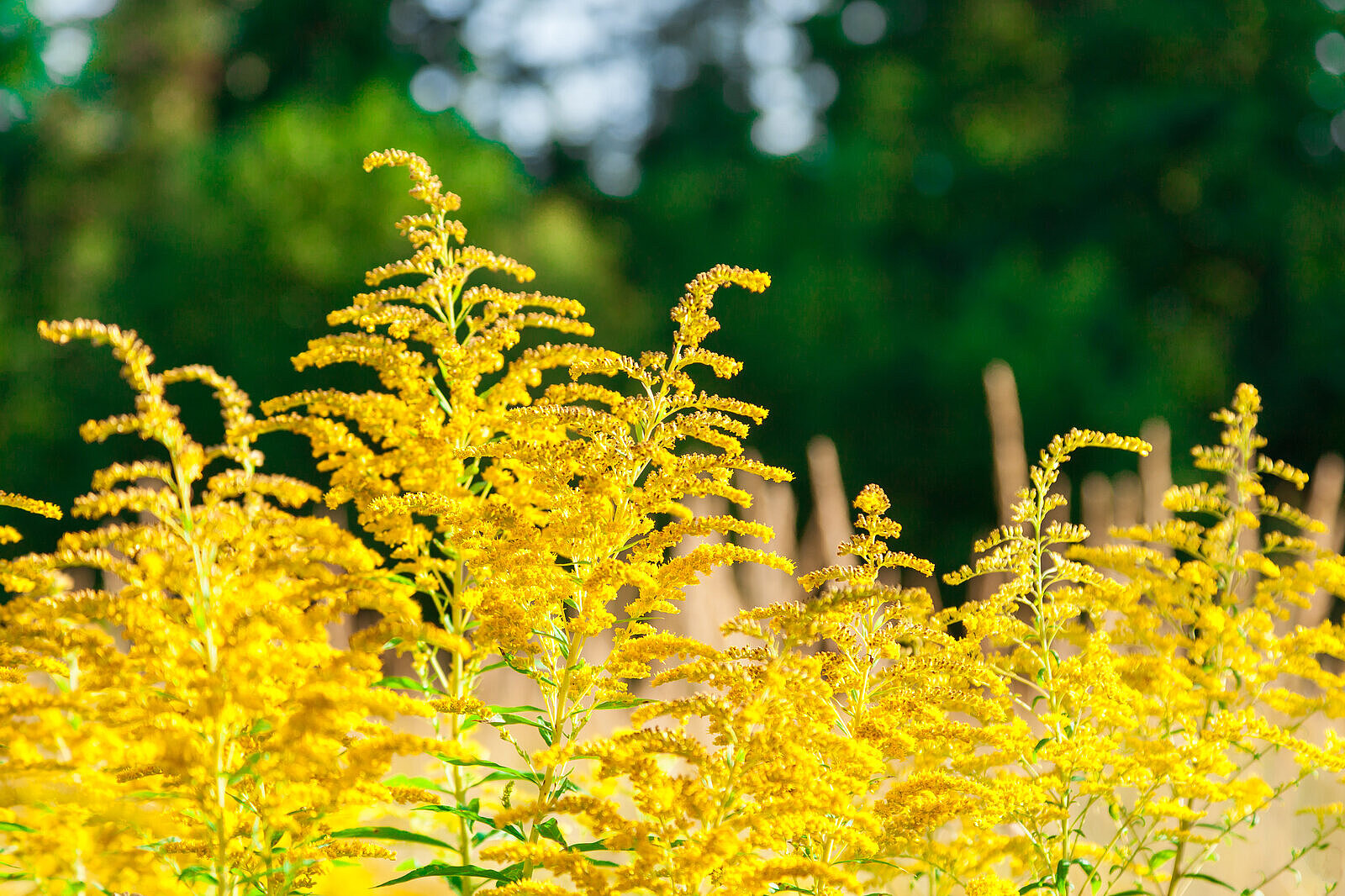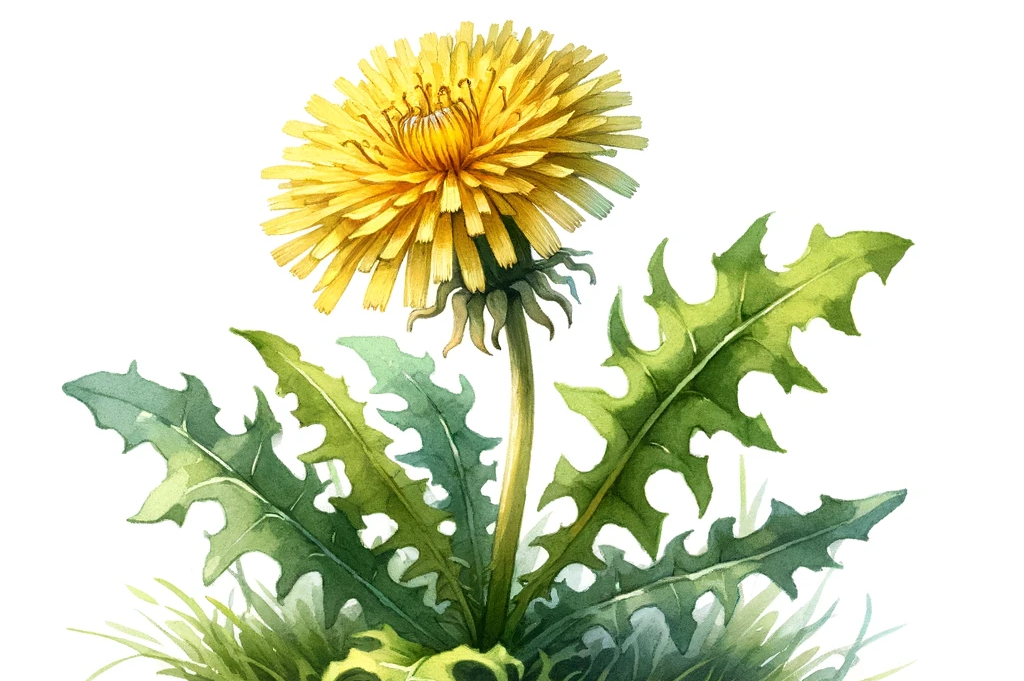Cat whiskers

You may have heard of cat's whiskers, a plant with long, white inflorescences that resemble whiskers. But did you know that cat's whiskers can be healthy not only for cats, but also for dogs? In this article, you can find out more about this medicinal plant and its effects on your four-legged friend.
What is cat's whiskers?
Cat's beard (Orthosiphon aristatus) is a tropical plant from the labiate family that is mainly found in Southeast Asia and Australia. It has been used there for centuries as a medicinal herb, especially for treating kidney and bladder problems. The leaves and flowers contain various ingredients that have a diuretic, anti-inflammatory and antioxidant effect. Cat's whiskers are also said to lower blood sugar and cholesterol levels and strengthen the immune system.
How can cat's whiskers help dogs?
Cat's whiskers can also be useful for dogs suffering from urinary tract infections, kidney stones or bladder stones. The diuretic effect promotes the elimination of bacteria and crystals, which relieves inflammation and accelerates healing. In addition, cat's whiskers can help regulate the metabolism and support fat burning in dogs with diabetes or obesity. Cat's beard can also be used as a preventative measure to promote kidney and bladder health and reduce the risk of disease.
How is cat's beard used?
Cat's beard can be administered as a tea or tincture. To make a tea, pour 250 ml of boiling water over a teaspoon of dried leaves or flowers and leave to infuse for 10 minutes. You can then strain the tea and offer it to your dog lukewarm. The recommended dosage is 1 ml per kilogram of body weight per day, divided into two to three doses. For a tincture, you can prepare 20 g of fresh or dried plant parts with 100 ml of alcohol (40 %) in a screw-top jar and leave to infuse in a dark place for two weeks. Then you can strain the tincture and give it to your dog with a pipette or spoon. The recommended dosage is 0.2 ml per kilogram of body weight per day, divided into two to three doses.
What are the advantages and disadvantages of cat's whiskers?
Cat's beard has many benefits for your dog's health when used correctly. It can improve kidney and bladder function, stimulate the metabolism and strengthen the immune system. It is also relatively cheap and easy to obtain, as it is available in many online stores or pharmacies. It also has a mild flavor that is acceptable to most dogs.
However, cat whiskers also have some disadvantages that you should be aware of. It can cause gastrointestinal discomfort in some dogs, such as diarrhea or vomiting. It can also lead to overdosing if given for too long or at too high a dose. This can lead to dehydration, electrolyte imbalances or kidney damage. You should therefore always adhere to the recommended dosage and provide your dog with fresh water regularly. You should also not give cat's beard without consulting your vet if your dog is pregnant, breastfeeding or taking other medication.
Cat's beard (Orthosiphon aristatus) is a tropical plant with multiple health benefits for dogs. Originally native to Southeast Asia and Australia, this medicinal plant is used for its diuretic, anti-inflammatory and antioxidant properties. Cat's beard can help dogs with various health problems such as urinary tract infections, kidney stones, semolina, diabetes and obesity. It is used in the form of tea or tincture, whereby the correct dosage is important.
If you notice any signs of hypersensitivity or poisoning in your dog, you should see your vet immediately. We are not a substitute for a vet, but we try to be as accurate as possible. Every dog reacts differently and we recommend you get a second opinion or consult your vet if in doubt.
Stay healthy and take good care of your four-legged friend!😊
Similar to Cat whiskers
Stinging nettles are herbaceous plants from the nettle family. They grow in Europe, Asia and North America and prefer moist, nutrient-rich locations. The best-known species are the common nettle...
Goldenrod has a diuretic and anti-inflammatory effect. This means that it promotes the elimination of fluid and toxins via the kidneys and at the same time relieves inflammation in the urinary tract...
Birch leaves are the green leaves of the birch, a deciduous tree or shrub. The leaves have an oval shape with toothed edges and are attached to long stalks. They fall off in the fall and can then be...
Dandelion is a perennial herbaceous plant from the composite family. It has a long taproot that reaches up to one meter deep into the ground. All parts of the plant contain a white, milky sap that...



